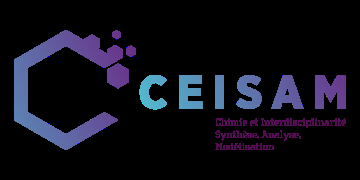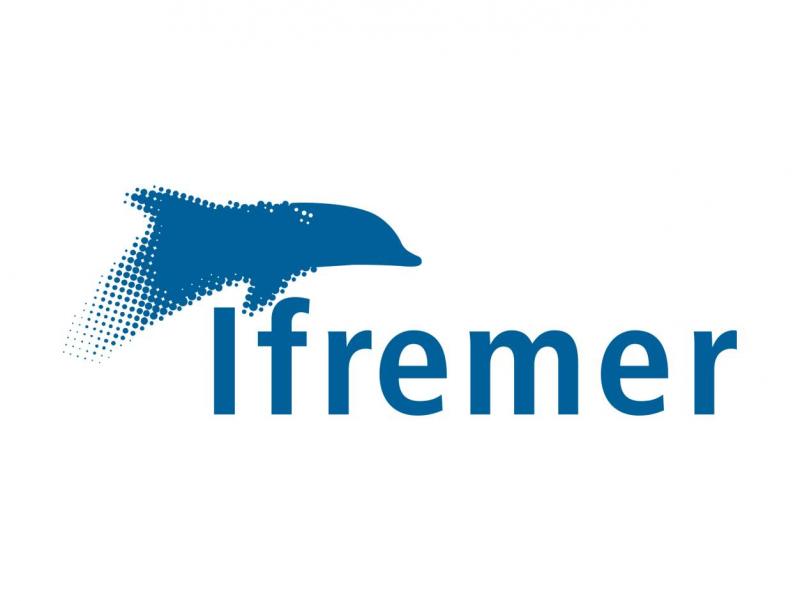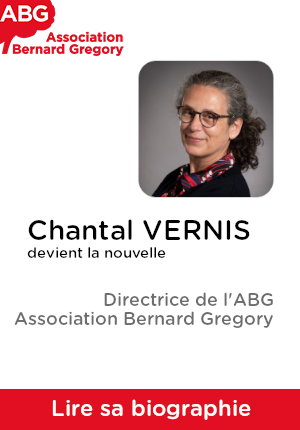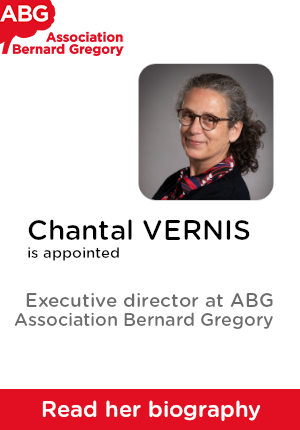Modèles de Fondation Géospatiaux Multi-Modaux pour l'Analyse des Environnements Urbains // Multimodal geospatial Foundation Models for the Analysis of Urban Environments
|
ABG-130418
ADUM-64420 |
Thesis topic | |
| 2025-04-03 | Public funding alone (i.e. government, region, European, international organization research grant) |
Université de Montpellier
Montpellier cedex - France
Modèles de Fondation Géospatiaux Multi-Modaux pour l'Analyse des Environnements Urbains // Multimodal geospatial Foundation Models for the Analysis of Urban Environments
- Computer science
Réseaux de Neurones Profonds, Apprentissage Auto-Supervisé, Observation de la Terre, Analyse Géospatiale Intra-Urbaine, Vision par Ordinateur, Géomatique
Deep Learning Neural Networks, Self-Supervised Learning, Earth observation, Intra-Urban Geospatial Analysis, Computer Vision, Geomatics
Deep Learning Neural Networks, Self-Supervised Learning, Earth observation, Intra-Urban Geospatial Analysis, Computer Vision, Geomatics
Topic description
L'essor des modèles de fondation (Foundation Models, FMs) en apprentissage profond a révolutionné l'analyse géospatiale, en particulier pour l'Observation de la Terre (OT). Cependant, pour l'étude des environnements urbains, les modèles actuels de télédétection (RSFMs) souffrent d'un manque de spécificité et d'une dépendance exclusive aux images satellites. Cette thèse vise à développer un modèle de fondation géospatial multimodal spécialisé pour l'analyse intra-urbaine, intégrant des images satellitaires (radar et optiques) et des données auxiliaires issues d'OpenStreetMap (OSM). La méthodologie repose sur la constitution d'un jeu de données urbain global, le pré-entraînement de modèles spécialisés et leur validation expérimentale à travers des études appliquées au Brésil et au Cambodge. Ce travail répondra aux questions suivantes : 1) Comment équilibrer la quantité et la spécificité des données de pré-entraînement? 2) L'intégration de données auxiliaires améliore-t-elle la performance des modèles? 3) Comment fusionner efficacement les représentations issues de différentes modalités ? Les résultats contribueront à l'amélioration des méthodes de modélisation géospatiale et seront mis à disposition de la communauté scientifique via des publications et du code open-source, selon les principes de la science ouverte.
------------------------------------------------------------------------------------------------------------------------------------------------------------------------
------------------------------------------------------------------------------------------------------------------------------------------------------------------------
The rise of foundation models (FMs) in deep learning has transformed geospatial analysis, particularly in Earth Observation (EO). However, for urban environments analysis, current remote sensing foundation models (RSFMs) lack specificity and flexibility to rely on other data sources than satellite imagery. This thesis aims to develop a multimodal geospatial foundation model specialized in intra-urban analysis, integrating satellite imagery (radar and optical) with auxiliary data from OpenStreetMap (OSM). The methodology includes building a global urban dataset, pre-training specialized models, and conducting experimental validation through case studies in Brazil and Cambodia. This work will address the following questions: 1) How to balance the quantity and specificity of pre-training data? 2) Does integrating auxiliary data improve model performance? 3) How can representations from different modalities be effectively unified? The results will contribute to advancing geospatial modeling techniques and will be shared with the scientific community through publications and open-source code, in alignment with open science principles.
------------------------------------------------------------------------------------------------------------------------------------------------------------------------
------------------------------------------------------------------------------------------------------------------------------------------------------------------------
Début de la thèse : 01/10/2025
------------------------------------------------------------------------------------------------------------------------------------------------------------------------
------------------------------------------------------------------------------------------------------------------------------------------------------------------------
The rise of foundation models (FMs) in deep learning has transformed geospatial analysis, particularly in Earth Observation (EO). However, for urban environments analysis, current remote sensing foundation models (RSFMs) lack specificity and flexibility to rely on other data sources than satellite imagery. This thesis aims to develop a multimodal geospatial foundation model specialized in intra-urban analysis, integrating satellite imagery (radar and optical) with auxiliary data from OpenStreetMap (OSM). The methodology includes building a global urban dataset, pre-training specialized models, and conducting experimental validation through case studies in Brazil and Cambodia. This work will address the following questions: 1) How to balance the quantity and specificity of pre-training data? 2) Does integrating auxiliary data improve model performance? 3) How can representations from different modalities be effectively unified? The results will contribute to advancing geospatial modeling techniques and will be shared with the scientific community through publications and open-source code, in alignment with open science principles.
------------------------------------------------------------------------------------------------------------------------------------------------------------------------
------------------------------------------------------------------------------------------------------------------------------------------------------------------------
Début de la thèse : 01/10/2025
Funding category
Public funding alone (i.e. government, region, European, international organization research grant)
Funding further details
Concours pour un contrat doctoral
Presentation of host institution and host laboratory
Université de Montpellier
Institution awarding doctoral degree
Université de Montpellier
Graduate school
166 I2S - Information, Structures, Systèmes
Candidate's profile
étudiant.e ayant validé
- soit un master d'informatique ou en géomatique
- soit un cycle d'ingénieur en informatique, observation de la Terre
student who has obtained - either a master's degree in computer science or geomatics - or an engineering degree in computer science, Earth observation
student who has obtained - either a master's degree in computer science or geomatics - or an engineering degree in computer science, Earth observation
2025-05-04
Apply
Close
Vous avez déjà un compte ?
Nouvel utilisateur ?
More information about ABG?
Get ABG’s monthly newsletters including news, job offers, grants & fellowships and a selection of relevant events…
Discover our members
 MabDesign
MabDesign  ONERA - The French Aerospace Lab
ONERA - The French Aerospace Lab  ASNR - Autorité de sûreté nucléaire et de radioprotection - Siège
ASNR - Autorité de sûreté nucléaire et de radioprotection - Siège  Groupe AFNOR - Association française de normalisation
Groupe AFNOR - Association française de normalisation  ANRT
ANRT  TotalEnergies
TotalEnergies  Tecknowmetrix
Tecknowmetrix  PhDOOC
PhDOOC  SUEZ
SUEZ  Nokia Bell Labs France
Nokia Bell Labs France  CASDEN
CASDEN  Institut Sup'biotech de Paris
Institut Sup'biotech de Paris  Généthon
Généthon  Ifremer
Ifremer  ADEME
ADEME  Laboratoire National de Métrologie et d'Essais - LNE
Laboratoire National de Métrologie et d'Essais - LNE  MabDesign
MabDesign  Aérocentre, Pôle d'excellence régional
Aérocentre, Pôle d'excellence régional  CESI
CESI
-
Thesis topicRef. 130227, Pays de la Loire , France
 CEISAM - UMR CNRS 6230
CEISAM - UMR CNRS 6230Développement de Sondes Fluorescentes Multimodales pour l’Assistance à la chirurgie et la Médecine Personnalisée
Scientific expertises :Chemistry - Biology - Health, human and veterinary medicine
-
JobRef. 129945, Bretagne , France
 IFREMER
IFREMERIngénieur en modélisation - couplage et valorisation H/F
Scientific expertises :Engineering sciences - Digital
Experience level :Confirmed
-
JobRef. 130080, Ile-de-France , FranceAgence Nationale de la Recherche
Chargé ou chargée de projets scientifiques bioéconomie H/F
Scientific expertises :Biochemistry
Experience level :Confirmed







